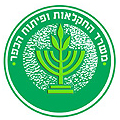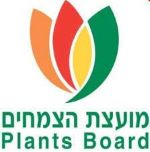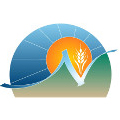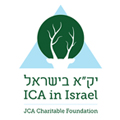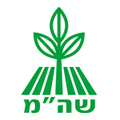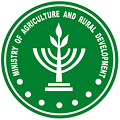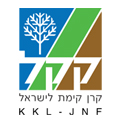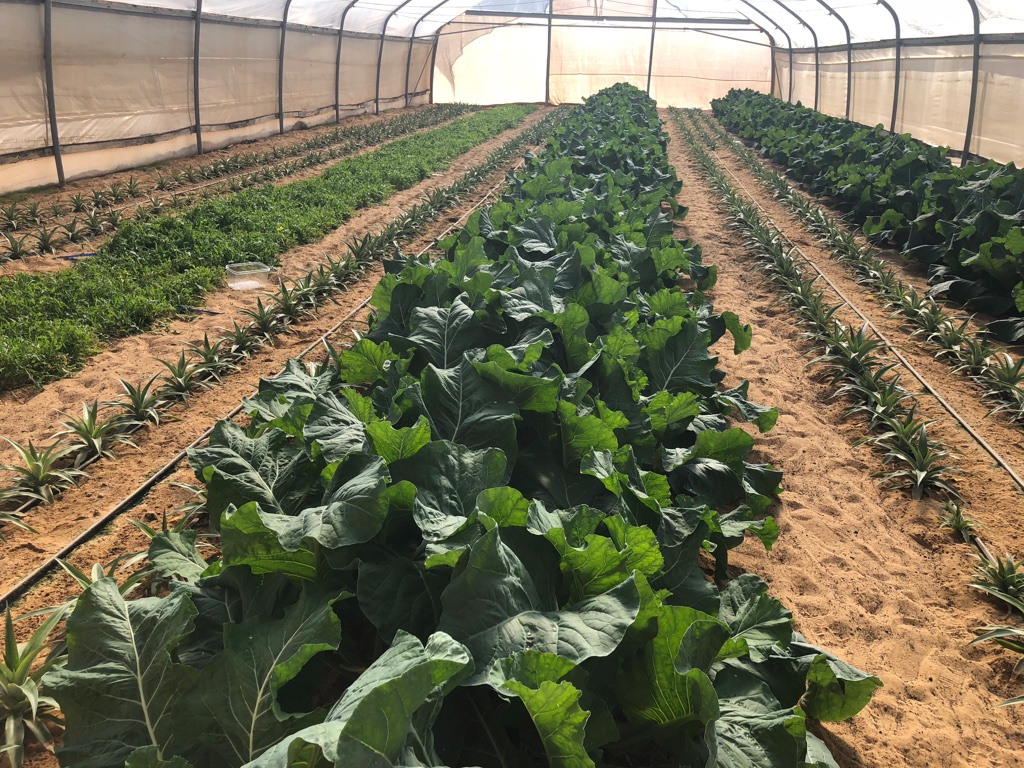
Ramat Negev Desert Agro-Research Center (RNDARC) Ramat Negev Desert Agro-Research Center operates within the framework of the Ramat Negev Regional Council (Israel).
The Center is funded by the JNF, Ministry of Agriculture, the Office of Development of the Negev and Galilee, and the Settlement Division of the Zionist Federation. The Experimental Center was established about 50 years ago as part of the project of setting up regional R&D's.
Its main purpose is to encourage the development of agriculture in the peripheral areas, taking advantage of the local natural resources. RNDARC is focused on applied research and works in close cooperation with the farmers, the research instructors, and the academic institutions in Israel which deal with agriculture. RNDARC carries out experiments every year to test varieties of olives, pomegranates, jojoba, rootstocks for wine grapes, tomatoes, peppers, fresh herbs, and ornamental flowers.
An outcome of these experiments is that the extent of agricultural production in Ramat Negev increases every year. Since the goal of RNDARC is applied research, the researchers spend time working in the Experimental Center but also some of their time instructing the farmers in their commercial plots. The center, (Lat. 31 05' 00" Long. 34 41' 03" Alt. 305 m.) is operating since 1981, is situated in the Negev desert, near wadi Habesor, 30 km south of Beer Sheva, Israel. The site was specifically chosen at a point where two different types of soil verge: light loess (i.e. eolian sandy loam, the clay is 6 - 8%; the pH about 7.2 - 7.8 and sand, which is derived from coastal sand dunes originating from the Nile (1%-5% clay; pH 7.8 - 8.2). The average rainfall in the region is about 90 mm/yr. The center is supplied with water of two different qualities: Fresh water conveyed via Israel's National Water Carrier Desalinated water (salinity: EC = 0.4DS/m, 40 mg/L CI). Brackish water from seven local wells (water level at least 300m below surface, salinity: EC = 4 - 7 dS/m 1,600 mg/L CI).
Mixing the two water sources or adding brine allows to obtain salinity level desired for cultivation. Seven wells were drilled to fulfill the increasing demand for brackish water. The water gushes up at a temperature of 38 C (100 F). The RNDARC also operates The Ramat Negev International Training Center. The training center work in collaboration with the Israeli Ministries of Foreign Affairs, Agriculture and Interior. The training center also works closely with Ministries of agriculture and education and with universities in the trainee's countries of origin.
The center is training about 600 students per year from Vietnam, Myanmar, Nepal, and Zambia and Guatemala https://www.rn-tp.com/

